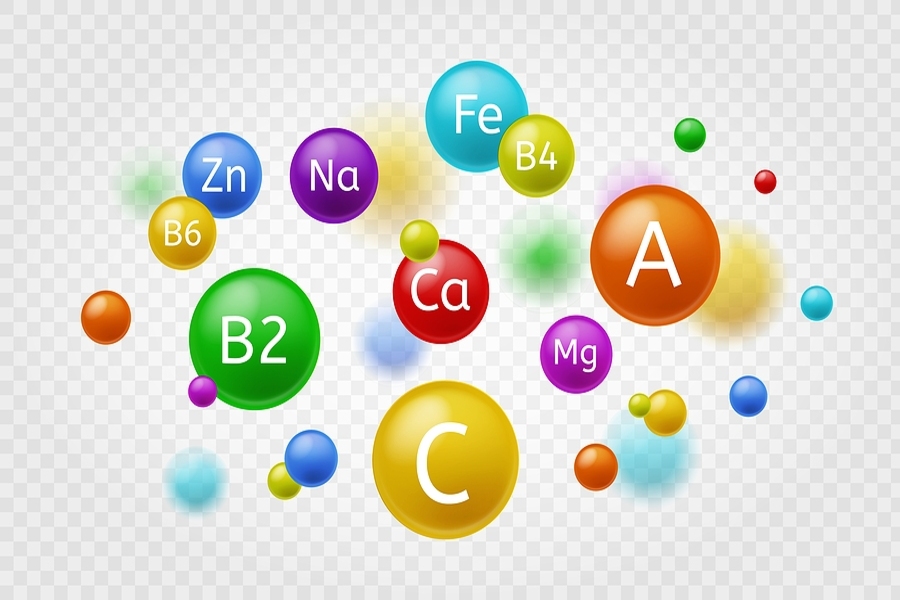In today’s fast-paced world, dietary supplements have become a regular part of life for many individuals seeking to maintain optimal health. The vast array of options can be overwhelming, with products ranging from vitamins and minerals to herbal remedies and protein powders. It’s essential to approach this complex market with a discerning eye, as not all supplements are created equal.
Understanding Dietary Supplements
Dietary supplements encompass a broad category of products designed to complement your diet and provide nutrients that may be missing or are not consumed in sufficient quantities. These can include vitamins, minerals, amino acids, enzymes, and herbs, among other substances. They are available in a variety of forms, including tablets, capsules, granules, and liquids.
Assessing Your Needs
Before adding any supplement to your regimen, it’s crucial to evaluate your dietary intake and health objectives. A balanced diet is paramount, and supplements should not be a substitute for nutritional variety. Consulting with a healthcare professional can provide personalised advice, ensuring that the supplement chosen aligns with your specific requirements and health goals.
Quality and Efficacy
Quality should be a top priority when selecting a supplement. Reputable brands that adhere to strict manufacturing processes and have third-party verification offer greater assurance of a product’s purity and potency. It’s advisable to research the evidence supporting a supplement’s efficacy. Peer-reviewed studies and clinical trials can offer insights into the benefits and potential side effects of various products.
Regulatory Oversight
In Australia, the Therapeutic Goods Administration (TGA) regulates supplements to ensure they meet safety standards. However, this does not guarantee the effectiveness of a product. Products that are listed rather than registered with the TGA have not been assessed for efficacy. As such, consumers need to be proactive in educating themselves about the supplements they consider taking.
Herbal Supplements
In traditional medicine, herbal supplements—which are frequently derived from plants—have been utilized for decades. While some have been studied extensively and offer health benefits, others may have little scientific support or could interact with medications. It’s important to examine the research behind herbal products and speak with a healthcare professional before use.
The Role of Vitamins and Minerals
Vitamins and minerals are essential nutrients that the body needs to function correctly. While most people should aim to get these nutrients from food, there are circumstances where supplements can be beneficial. For example, individuals with specific deficiencies or those who are pregnant may require additional vitamins and minerals.
Safety and Side Effects
Even natural supplements can have side effects and interact with other medications. It’s important to review the potential risks and to start with the lowest possible dose to monitor your body’s response. If you experience any adverse effects, it is recommended that you discontinue use and seek medical advice.
The Placebo Effect
Consumer expectations can sometimes lead to a perceived benefit from a supplement, known as the placebo effect. While this psychological phenomenon can have a powerful impact, it is essential to rely on objective evidence rather than subjective experiences when assessing the value of a supplement.
Conclusion
The supplement landscape requires careful navigation. With a focus on personal health needs, quality products, and evidence-based benefits, individuals can make informed decisions. Remember that supplements should complement, not replace, a nutritious diet and a healthy lifestyle. By doing so, you can safely and effectively incorporate supplements into your wellness routine.





